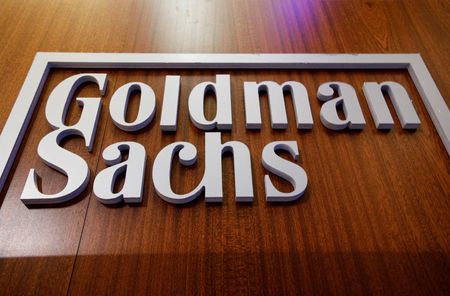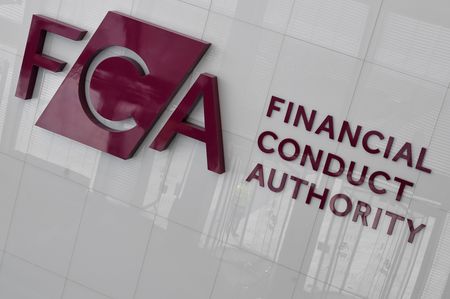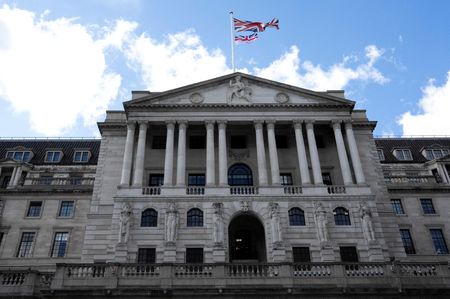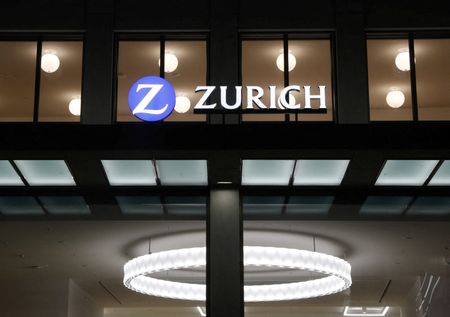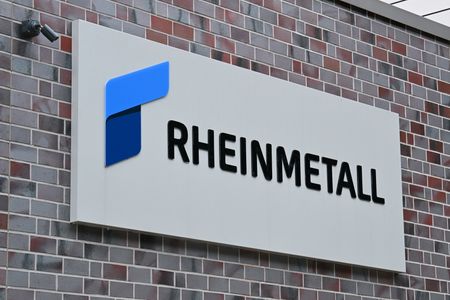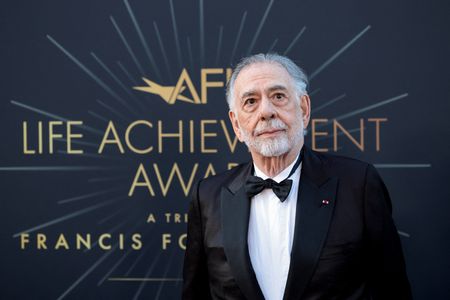By Nell Mackenzie
LONDON (Reuters) -Big investors are turning more cautious on areas such as passive equities and private credit this year and are more interested in hedge funds as a sector than they have been for several years, according to a Goldman Sachs survey.
The survey showed 27% of large investors said they wanted to cut their exposure to long-only passive equities in the second half of the year, compared with 19% in the first half of the year, according to the report sent to clients and seen by Reuters on Thursday.
Private credit, which has been the most popular asset class among large allocators in the last few years, is losing favour: the survey showed that 31% of investors plan to commit money to this strategy in 2025, compared with 41% a year ago.
Goldman Sachs’ prime brokerage conducted the survey in July. It surveyed 333 allocators including pension funds, endowments and sovereign wealth funds that oversee more than $1 trillion of assets.
Passive equities, products tracking broader stock indices, have lost appeal as markets have been roiled by tariff shocks, the data from Goldman Sachs showed.
Meanwhile, uncertainty has grown for lending to private companies that need healthy financial conditions to grow, as recent data releases have cast doubt on the U.S. economic outlook.
U.S. duties on imported goods are starting to boost inflation, risking a period of tepid growth and high prices, known as stagflation.
Private credit valuations are not always transparent, two investors at companies overseeing a combined $2 trillion of assets, told Reuters on Wednesday.
One of the investors said they were considering redeeming from investments where they could not determine the values, or so-called “marks”, of the portfolios.
Hedge funds had the highest allocator interest, according to the data from Goldman Sachs.
The survey showed that 37% of investors intend to allocate cash to this sector over the remainder of this year, unchanged from the first half. However, just 6% say they are going to decrease investments in it, compared with 10% previously.
It remained uncertain whether investors would stick to their allocation plans, Goldman said.
Even though many might want to invest more money in hedge funds, many were prevented from spending money that was locked into private markets commitments that weren’t seeing income, or distributions, Goldman said.
Anecdotally, “these pressures may be easing,” the bank said.
(Reporting by Nell MackenzieEditing by Amanda Cooper and Frances Kerry)

